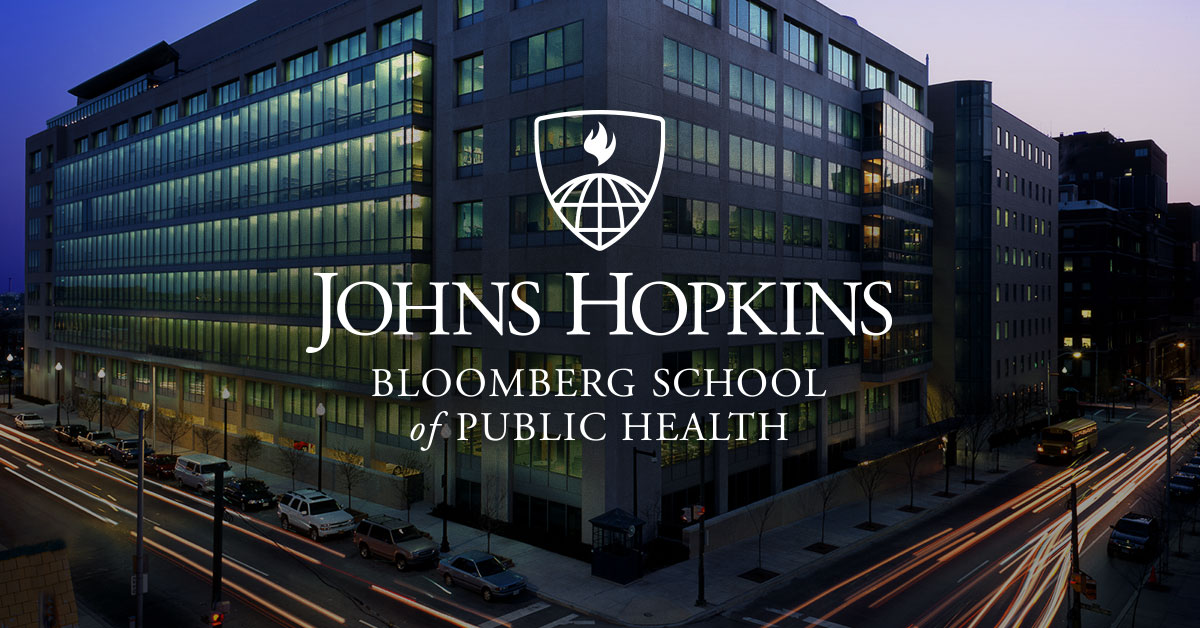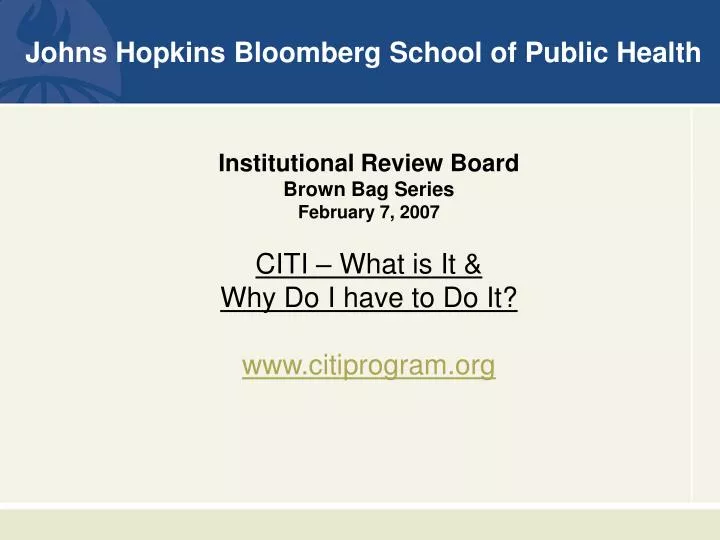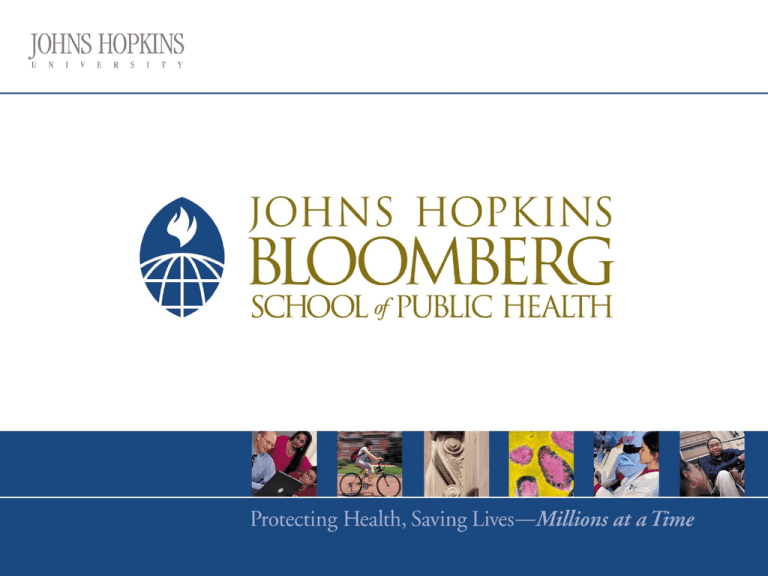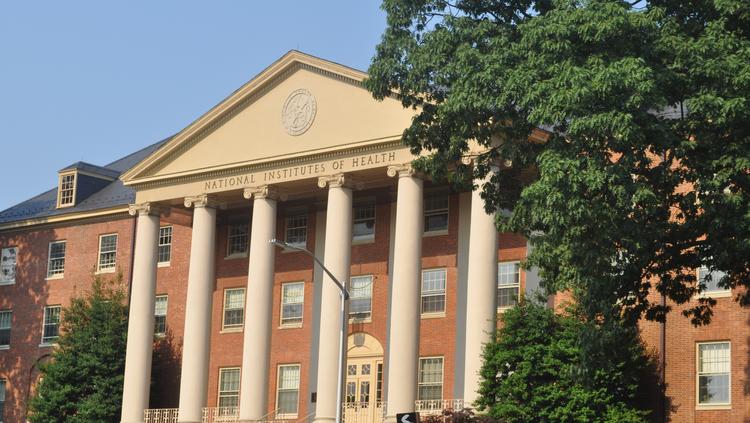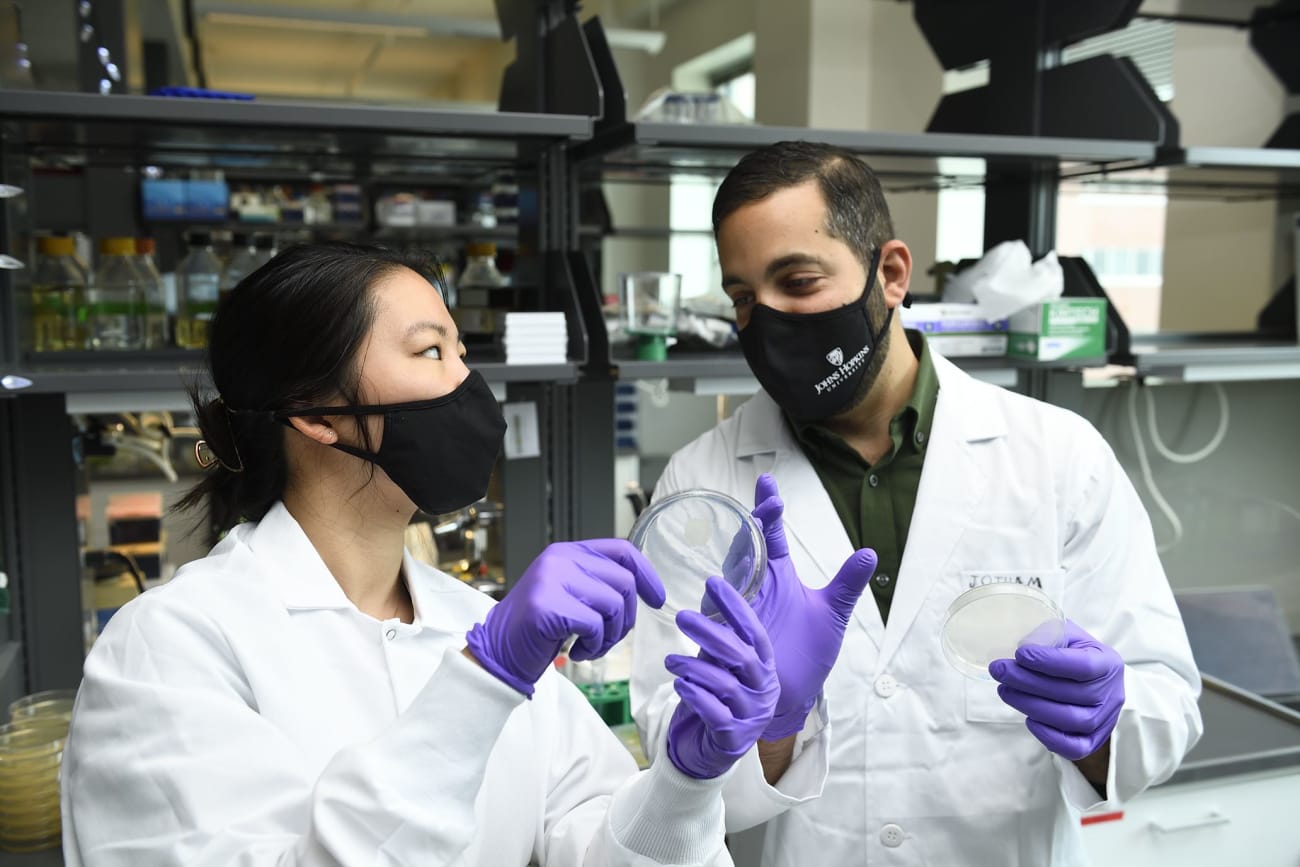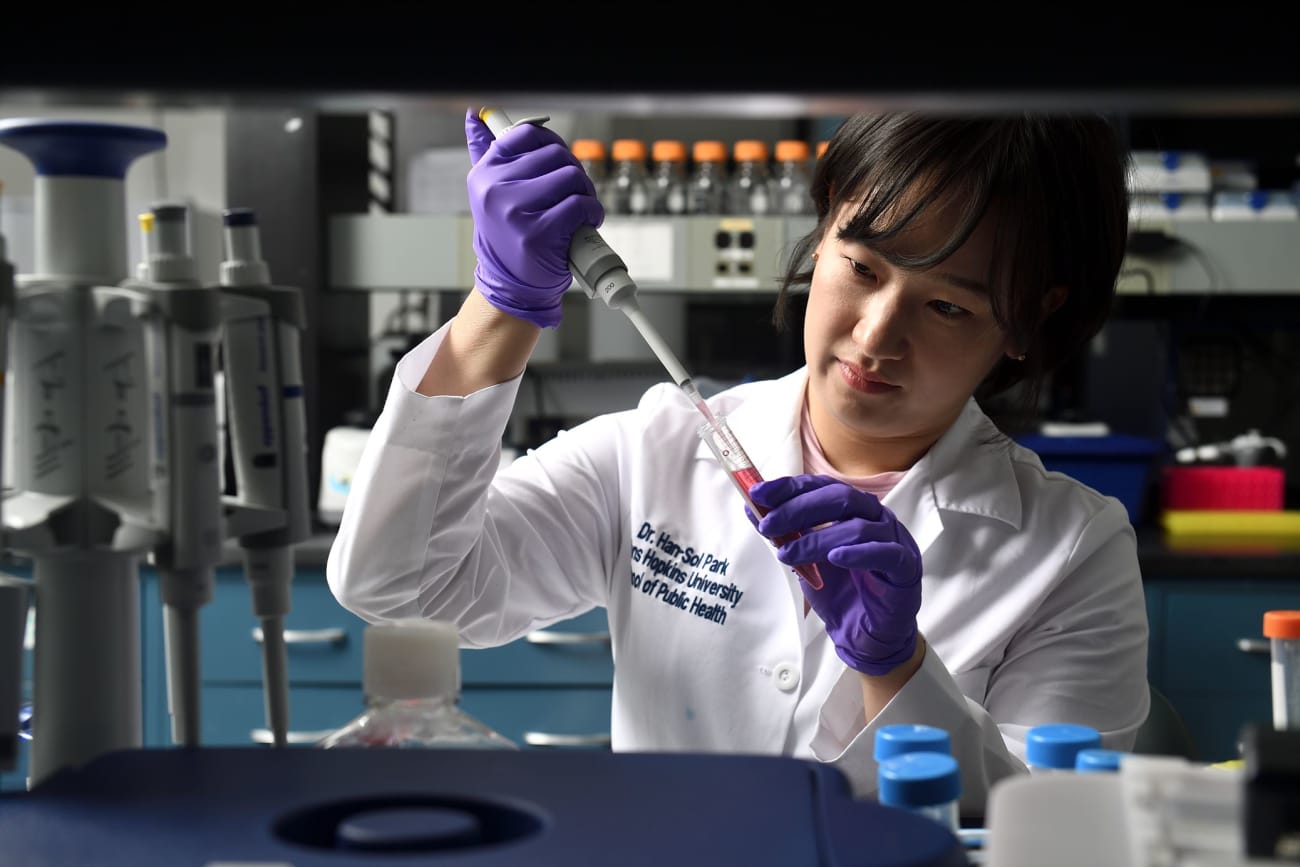John Hopkins Bloomberg Public Health

The world faces unprecedented public health challenges, from emerging infectious diseases to the persistent burden of chronic illnesses and the growing threat of climate change. At the forefront of addressing these critical issues stands the Johns Hopkins Bloomberg School of Public Health, an institution that has shaped public health practice and policy for over a century.
With its legacy of groundbreaking research, innovative education, and impactful global initiatives, the school continues to play a pivotal role in safeguarding and improving the health and well-being of populations worldwide.
The Johns Hopkins Bloomberg School of Public Health, established in 1916, is the world's oldest and largest independent school of public health. Its mission is to protect health and save lives – millions at a time. The school achieves this through research, teaching, and service, focusing on a wide range of public health challenges. From pioneering work in epidemiology and biostatistics to advancements in health policy and disease prevention, the school's contributions have had a profound impact on global health outcomes.
Research and Innovation
The school's research portfolio is extensive and diverse, covering areas such as infectious diseases, environmental health, mental health, and health equity. Faculty members are actively engaged in developing and testing new interventions, evaluating existing programs, and generating evidence to inform policy decisions.
A significant focus is on addressing health disparities and promoting health equity, both within the United States and globally. The school's Center for Health Equity, for example, conducts research and training to eliminate health disparities based on race, ethnicity, socioeconomic status, and other social determinants of health.
Recent research initiatives include studies on the long-term effects of COVID-19, the impact of climate change on human health, and the development of novel strategies for preventing and treating HIV/AIDS, tuberculosis, and malaria.
COVID-19 Response
During the COVID-19 pandemic, the Johns Hopkins Bloomberg School of Public Health played a crucial role in providing data, expertise, and guidance to policymakers, healthcare professionals, and the public. The school's Coronavirus Resource Center became a trusted source of information on the pandemic's spread, severity, and impact.
Researchers at the school conducted studies on vaccine effectiveness, transmission dynamics, and the psychological effects of the pandemic. This work informed public health strategies aimed at mitigating the spread of the virus and protecting vulnerable populations.
"The school's expertise in infectious disease epidemiology and data analysis was invaluable during the pandemic," said Dr. Tom Frieden, former director of the Centers for Disease Control and Prevention.
Education and Training
The school offers a wide range of academic programs, including master's and doctoral degrees in public health, as well as certificate programs and continuing education courses. The curriculum is designed to provide students with the knowledge and skills needed to address complex public health challenges.
The school emphasizes interdisciplinary collaboration and experiential learning, providing students with opportunities to work on real-world public health problems. Students gain practical experience through internships, field placements, and research projects.
Graduates of the school go on to careers in government, academia, non-profit organizations, and the private sector, working to improve public health outcomes in communities around the world.
Global Initiatives
The Johns Hopkins Bloomberg School of Public Health has a strong global presence, with programs and partnerships in numerous countries. The school works with local communities and governments to address pressing public health issues, such as infectious diseases, maternal and child health, and nutrition.
One notable initiative is the Bloomberg Philanthropies partnership, which supports a range of public health programs around the world. These programs focus on areas such as tobacco control, road safety, and maternal and child health.
The school also collaborates with international organizations, such as the World Health Organization and UNICEF, to develop and implement global health policies and programs.
"Our commitment to global health is unwavering," says Dr. Ellen MacKenzie, Dean of the Johns Hopkins Bloomberg School of Public Health. "We believe that everyone, regardless of where they live, deserves the opportunity to live a healthy life."
Challenges and Future Directions
Despite its many accomplishments, the Johns Hopkins Bloomberg School of Public Health faces several challenges. These include securing adequate funding for research and training, addressing the growing burden of chronic diseases, and preparing for future public health emergencies.
The school is actively working to address these challenges by strengthening its partnerships with government, industry, and community organizations. It is also investing in new research areas, such as precision public health and digital health, to develop more effective interventions.
Looking ahead, the Johns Hopkins Bloomberg School of Public Health is committed to continuing its legacy of leadership in public health. By fostering innovation, promoting collaboration, and advocating for evidence-based policies, the school will continue to play a vital role in protecting health and saving lives worldwide.
